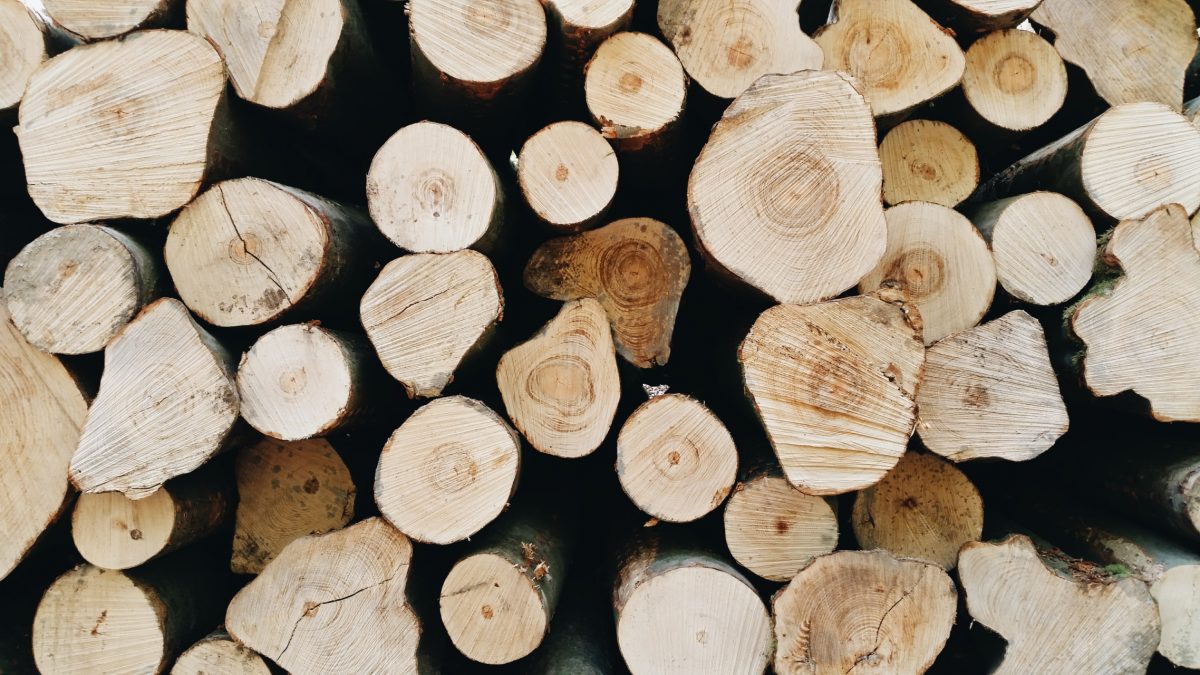Why does the density of our wood matter? A bookcase supports our books, a deck can support our patio furniture, our tables support our food and drinks and our chairs support us. No matter what you are building, from homes to fireplace mantles within our homes, the strength of your wood matters; and research indicates that woods possessing higher density are stronger, harder, stiffer and even more fire resistant than lower density woods.
The density of wood also affects the way it reacts in certain instances. For instance, wood moisture greatly affects the density of wood. Dry wood has a lower density than wood with higher moisture content; and dense woods will experience greater shrinkage during the drying process. Dense woods can also be more costly to process and ship because they are heavier.
There are several things that affect the density of wood, including the portion of the tree from which the wood is cultivated, the manner in which the tree grows and the tree species itself. Branches and outer portions of the trunk possess a lower density than the interior trunk, and fast growing trees have a lower density than older, slower growing trees.
Now let’s get specific. For example, a very dense wood is birch. Oaks are not quite as heavy, but still very dense wood. Semi-heavy woods include beech, elm and ash. Lighter woods are spruce and poplar. Lighter still are your firs and pines.

